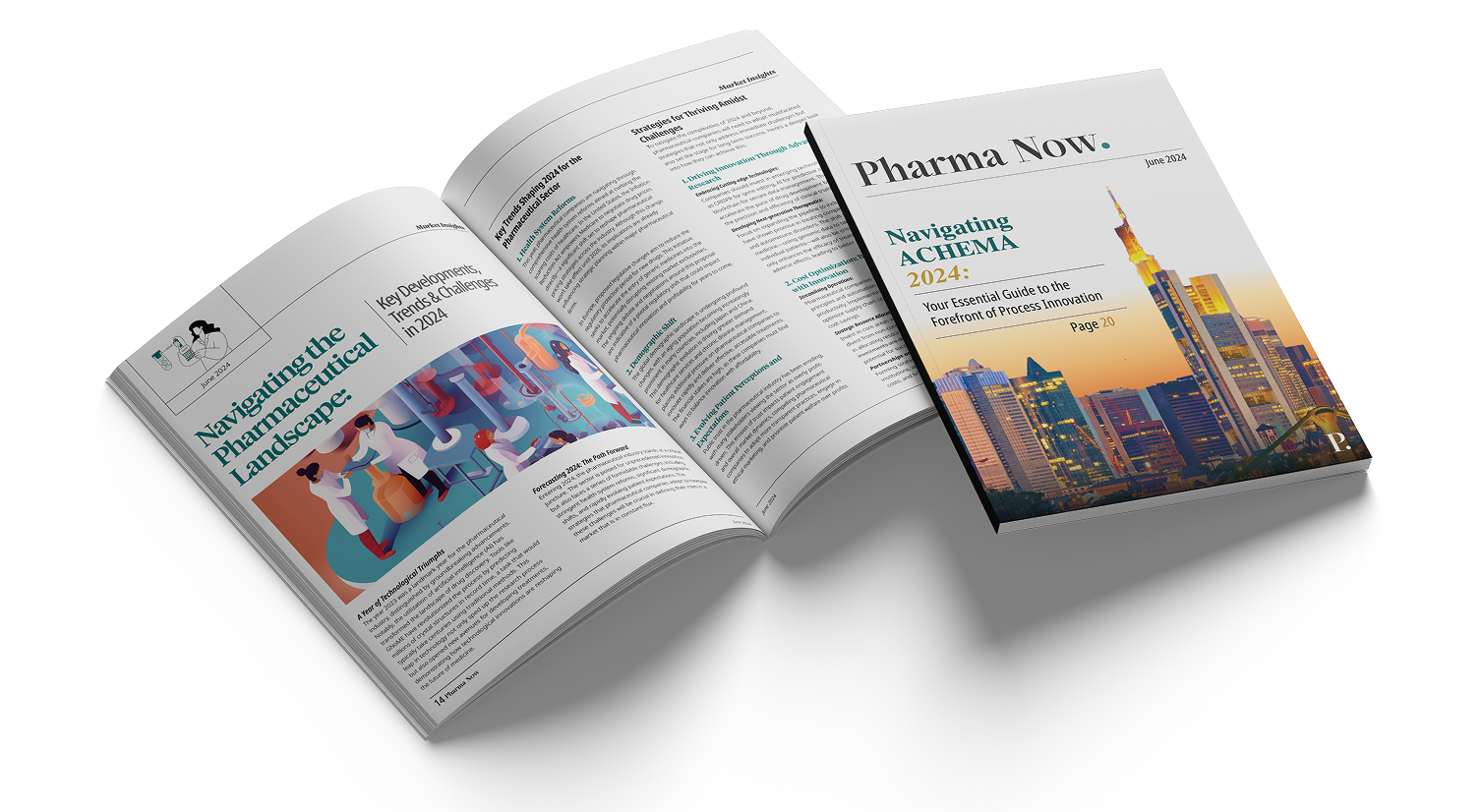




Access Premium Content
Access Podcast
Exclusive Discounts on your Business trips
Special Member Discounts for Premium Events
Exclusive Offers for Event attendees on Travel, Stay & Food
Get interactive Magazine

Stay informed with in-depth articles from industry experts. Our analyses cover key trends, market shifts, emerging technologies, and the latest in pharmaceutical science.

Get direct insights from thought leaders and pioneers in the pharmaceutical field. Our exclusive interviews bring you valuable perspectives from industry CEOs, leading researchers, and policy makers, giving you insider access to their expertise and vision.

Be the first to know about breaking news, regulatory changes, and policy updates. Pharma Now’s timely coverage ensures you’re always in the loop on important developments that could impact your business or career.
FEATURING